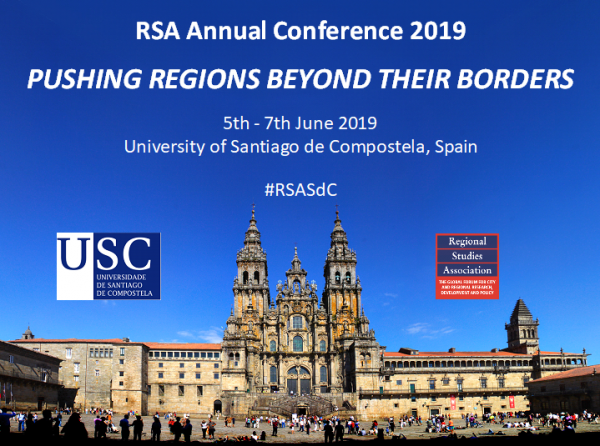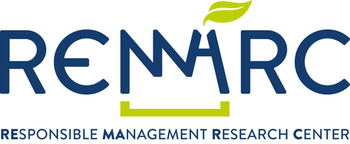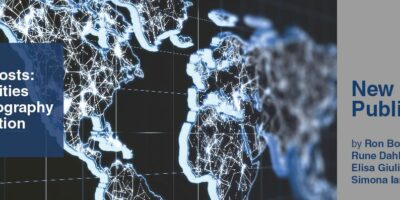Regional Development in a Disastrous World

2019 RSA Annual Conference Special Sessions
2019 Annual Conference Special Sessions – Pushing Regions beyond their Borders
Call for Abstracts for the forthcoming RSA Annual Conference in Santiago de Compostela (June 5, 2019 – June 7, 2019)
Deadline for submissions: 28 FEBRUARY 2019
Regional Development in a Disastrous World
Session Organiser(s)
- Elisa Giuliano, University of Pisa, Italy
- Simona Iammarino, London School of Economics, UK
For long, one of the key preoccupations of economic geographers has been to understand the drivers of regional economic growth, as growth is considered key to achieve greater wellbeing and prosperity, stronger institutions and more peaceful societies. The opening of regional economic systems and the strengthening of their technological and innovative capabilities have largely been the mantras of most such research and related policy recommendations. Over the past two or three decades, a gigantic wave of research has literally vivisected the topic of regional economic growth, focusing on what we need more: more innovation, more spin offs, more venture capitalists, more openness and connections to external knowledge, skills and markets, more talents and training, more multinational firms, more networks, more related or unrelated variety, etc.
Yet this agenda is showing two fundamental drawbacks: first, it has generally left undisputed the idea that economic growth is the ultimate goal to be pursued; second, it bears no consideration to what is lost as business companies and other organizations allegedly contribute to regional growth. By loss we refer here to the noxious impacts on society and the environment, and more broadly on territorial and individual equity and human rights, that are produced by companies as they operate locally or internationally, via their value chains. We refer more specifically, just to mention a few, to climate change consequences of industrial growth; to premature deaths connected to fine particulates’ contamination by car exhaust or factories; to industrial sites being the root cause of cancer villages in China and elsewhere; to child labour employed, for instance, in the cocoa value chains of Africa; to bonded labour afflicting migrants in Italy’s tomato picking business, among other sectors; to indigenous communities deprivation of their right to water, health and life in connection with mining and other extractive activities; to the extraction of conflict minerals like coltan, which feeds into the production of top electronic brands and is one of the primary resources behind Industry 4.0; to growing monopolies draining financial resources from competitive sectors, while wages and prospective profits offered in regions where monopolies are based drain skilled workers from other regions. Given the growing evidence of business-related harmful impacts on equity and human rights among people and places, these drawbacks are not minor issues and call for a novel research agenda that forcefully takes them into account along with economic goals.
In this Special Session we seek to stimulate a lively debate and set the basis for an ongoing conversation on the future of regional economic development research and policy. To be sure, we do not mean to build a “silo”-type conversation where social, environmental and human rights issues are seen as hyper-specialized side topics of no interest to hard core regional economists or economic geographers. Rather we want to promote a discussion where considerations about regional economic growth are balanced with growth-related side effects or harmful impacts.
We seek abstracts addressing conceptual and/or empirical issues in the following areas:
- Environmental challenges and regional economic development
- Local human rights in global value chains, covering issues such as child labour, modern slavery, and indigenous communities’ right to water and land
- Technological change and resource exploitation across geographies
- Agglomeration and monopoly rents’ extraction
- Local consequences of IPR and Taxation’s international regulation (or lack of it)
- Industry 4.0. and conflict minerals
- Health issues, cancer clusters and regional development
- Regional development policies addressing economic as well as social and environmental concerns
A careful selection of the abstracts proposed will be applied to give breath to the session, and stimulate a discussion on the main aspects of growth-led approaches in economic geography.



